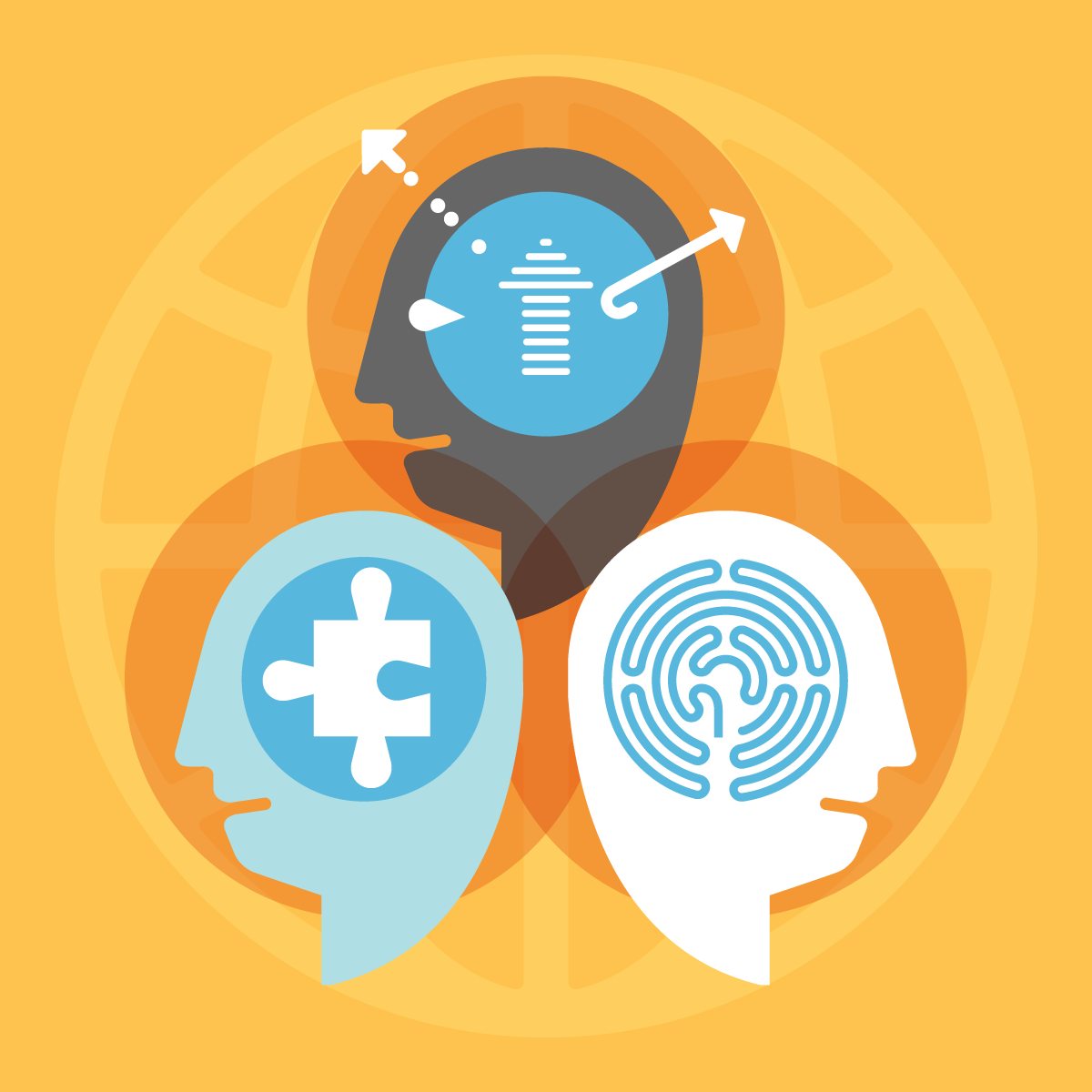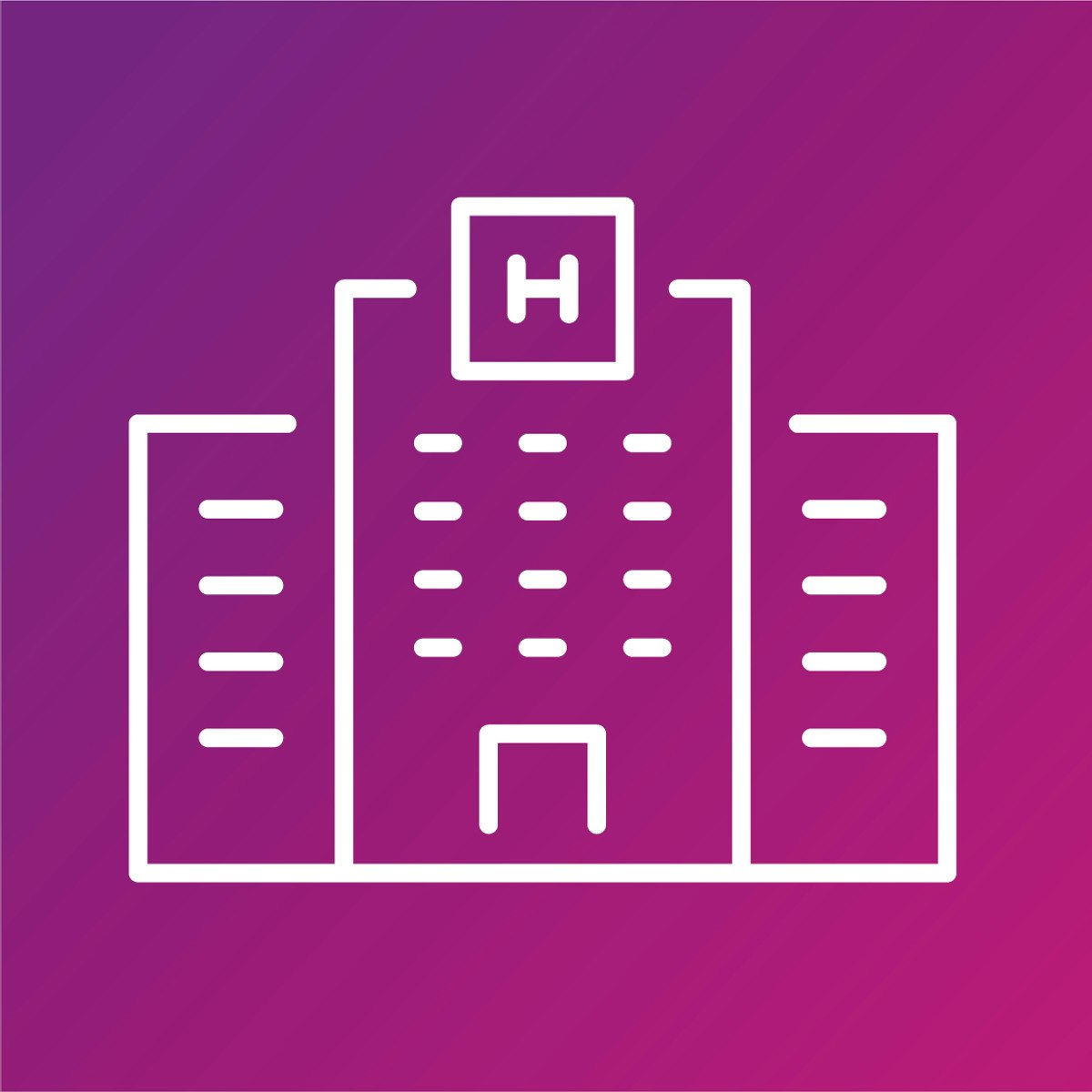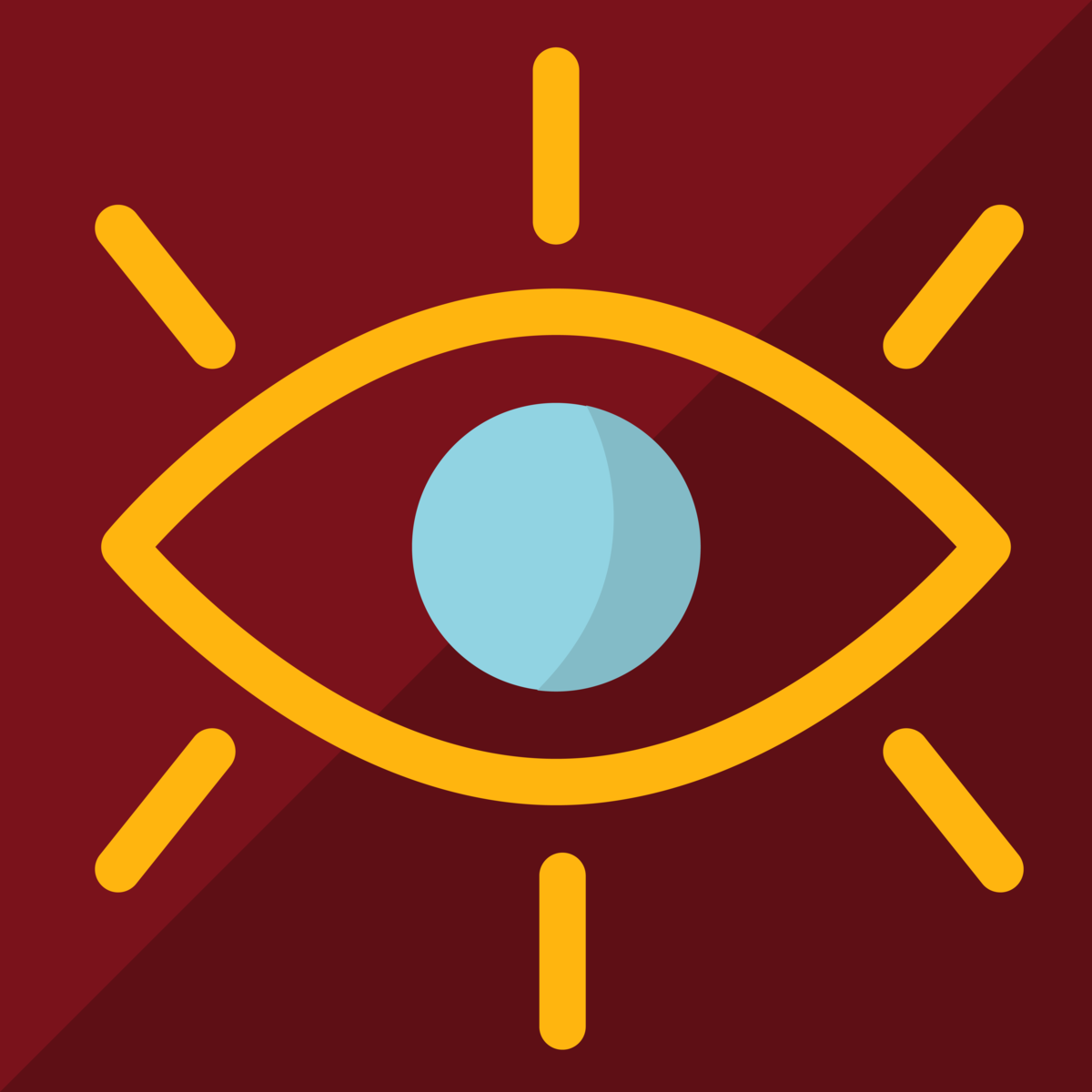Back to Courses









Life Sciences Courses - Page 43
Showing results 421-430 of 644

Foundations of International Psychiatry
What are some of the skills required when interviewing patients? What information is required when taking a patient history or
completing a mental state examination? These are just some of the questions you'll seek answers to as you work through the course material.
Mental health is an important public issue across the world, and the role of the psychiatrist is crucial in helping to address these.
This course aims to give you a more nuanced understanding of the role of a psychiatrist, developing clinical skills and therapeutic relationships. Understanding the impact of mental illness in society and ethics in medicine are some of the key themes central to this course.
This course is designed to provide essential background knowledge and practical skills that apply to any
mental health clinical setting.

Stanford Introduction to Food and Health
Around the world, we find ourselves facing global epidemics of obesity, Type 2 Diabetes and other predominantly diet-related diseases. To address these public health crises, we urgently need to explore innovative strategies for promoting healthful eating. There is strong evidence that global increases in the consumption of heavily processed foods, coupled with cultural shifts away from the preparation of food in the home, have contributed to high rates of preventable, chronic disease. In this course, learners will be given the information and practical skills they need to begin optimizing the way they eat. This course will shift the focus away from reductionist discussions about nutrients and move, instead, towards practical discussions about real food and the environment in which we consume it. By the end of this course, learners should have the tools they need to distinguish between foods that will support their health and those that threaten it. In addition, we will present a compelling rationale for a return to simple home cooking, an integral part of our efforts to live longer, healthier lives.
View the trailer for the course here: https://www.youtube.com/watch?v=z7x1aaZ03xU

Value-Based Care: Reimbursement Models
COURSE 4 of 7. This course is designed to help you build high-level knowledge of the current medical coding and payment mechanisms of most U.S. healthcare services, referred to as fee-for-service. You will explore why the fee-for-service model has contributed to higher costs in the U.S. healthcare system without clearly improving health outcomes. You will examine the importance of coding to reflect chronic conditions and other diagnoses accurately and how value-based care and payments utilize these measures and data. As you learn about a model to replace fee-for-service, you’ll encounter a range of payment options considered to be value-based that utilize a framework from the Health Care Payment Learning and Action Network (HCP-LAN). To build on those options, you will learn how risk-adjustment, quality scores, and patient satisfaction measures are critical parts of value-based care and payment contracts. In the summative assignment, you will demonstrate your knowledge by comparing fee-for-service and value-based contracts, using specific examples to explain and justify the importance of documentation and coding, and identifying ways that risk-adjustment and patient satisfaction are incorporated into value-based care contracts.
CME Accreditation
The American Academy of Family Physicians (AAFP) has approved this course for Continuing Medical Education Prescribed Credits. Visit the FAQs for important information regarding 1) Term of approval and 2) Accreditation and Credit Designation statements.

Quality Improvement for Population Health
Quality improvement methods were first deployed in healthcare in e hospital settings. However, over the past decade particularly, there has been increasing focus on the application of these methods in improving population and public health. In this course, you will apply a combination of both approaches to population health improvement. You will also learn how to study and evaluate large improvement initiatives to capture learning effectively.
Learning Objectives:
Apply quality improvement methods in combination with population health frameworks to design a population health improvement initiative
Understand how the use of geographic information systems contributes to quality improvement
Critique different study designs for studying quality improvement initiatives

International Travel Preparation, Safety, & Wellness
Whether you've traveled before or not, living and working overseas can be challenging. Learn how best to prepare and make the most of your time internationally.
This course will prepare you to work and live overseas. It explores the epidemiology of common morbidity and mortality among travelers and examines key prevention, safety, and travel medicine principles and services to contextualize risks and maintain wellness. The course reviews applicable interventions, appropriate vaccines, and personal protection methods to prepare you to respond to expected and unexpected situations and will challenge you to examine travel health and safety priorities through case studies and discussions.
The Honors Lesson will assist you with personal preparations for travel through the creation of a country-specific profile.

Global Health: An Interdisciplinary Overview
This course proposes an overview of current global health challenges drawing on the insights of several academic disciplines including medicine, public health, law, economics, social sciences and humanities. This interdisciplinary approach will guide the student into seven critical topics in global health.

Interprofessional Healthcare Informatics
Interprofessional Healthcare Informatics is a graduate-level, hands-on interactive exploration of real informatics tools and techniques offered by the University of Minnesota and the University of Minnesota's National Center for Interprofessional Practice and Education. We will be incorporating technology-enabled educational innovations to bring the subject matter to life. Over the 10 modules, we will create a vital online learning community and a working healthcare informatics network.
We will explore perspectives of clinicians like dentists, physical therapists, nurses, and physicians in all sorts of practice settings worldwide. Emerging technologies, telehealth, gaming, simulations, and eScience are just some of the topics that we will consider.
Throughout the course, we’ll focus on creativity, controversy, and collaboration - as we collectively imagine and create the future within the rapidly evolving healthcare informatics milieu. All healthcare professionals and IT geeks are welcome!
Managing Supply Chain Disruption During COVID-19
In this course, you will learn about why and how supply chains become susceptible to a disruption. We will examine this by discussing supply side and demand side issues, primary supply chain flows, complexity, risk management and a combination of solid theoretical supply chain perspectives and current real-world stories. You will learn about the structural, relational and operational factors that come into play during a supply chain disruption and the mechanisms for the effective management of these factors. Your understanding will be enhanced through examples from manufacturing and health contexts, and the PPE supply chain disruption during COVID-19.

History of Mental Illness
Our lexicon of mental illness is immense: There currently are hundreds of classified disorders and an extensive assortment of medications and therapies. This course explores the history of this productive science -- its discoveries, classifications, and treatments of psychiatric distress. The excursion begins with a general introduction and proceeds to explore 4 kinds of mental illness: neurasthenia, depression, attention deficits (ADD/ADHD), and narcissism. Each kind is examined in terms of its scientific research and classification; treatments developed to cure or alleviate its symptoms; lived-experiences of those so diagnosed with the disorder; and critical reflection on the diagnosis.
This course departs from histories that mainly chronicle scientific achievements and, instead, invites you to investigate how the scientific discoveries and therapies were deeply informed by cultural conditions of the time. The cultural influences on psychiatric science include ideals of individual happiness; conceptions about what is ‘normal’; notions of rational personhood; and existing social, gender, and racial hierarchies/biases. We investigate these cultural dynamics and then look at the lived experiences of those who were diagnosed or living with the condition. Paying attention to culture and lived experiences accords with the perspective of “mad studies,” a recent movement to foreground the people who suffer and the socio-political conditions surrounding their experiences. Exploring cultural dynamics and lived experiences along with the scientific milestones prepares us to critically reflect on world of psychopathology and on psychopathology in the world. In our reflection classes we will ask, for instance, about the forces behind incredible increases in depression and attention deficit disorder; racial and gender biases in research and treatment; the apparent happiness epidemic; and the prospects of neurodiversity.

Guided Imagery
In this course, you will learn how you can use imagery and imagery interventions to help with symptom management and healing, as well as to enhance overall health and wellbeing. You will experience a variety of imagery interventions and evaluate how they might be helpful in providing relief or enhancing quality of life. By the end of the course, you will know how to assess if guided imagery is appropriate in specific situations or with specific patients. You will be able to find and evaluate guided imagery scripts and recordings you might use. Most importantly, you will learn how to write and record effective guided imagery scripts of your own for specific needs at work or in your personal life.
Continuing Education Credit
This course has been designed to meet Minnesota Board of Nursing continuing education requirements for 14.5 contact hours and may be eligible for CE credit from other professional boards that allow self-documenting of continuing education activities. It is your responsibility to check with your regulatory board to confirm this course meets your local requirements and, if necessary, to provide them with the certificate of completion you get if you pay for and fulfill all the requirements of this course.
